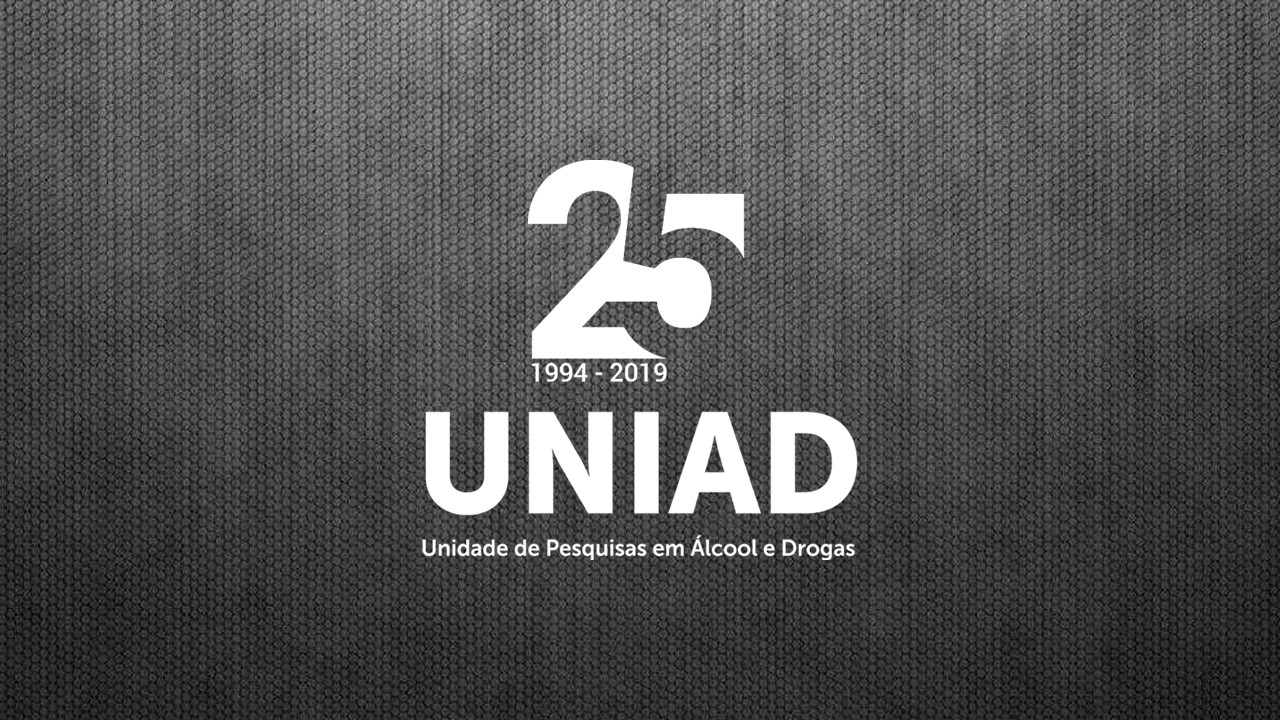Assessing New Zealand’s Cannabis Legalization and Control Bill: prospects and challenges

Background
Few countries have developed detailed legislative proposals for legalizing cannabis. New Zealand recently released the Cannabis Legalization and Control Bill (CLCB) that will be the subject of a referendum in September 2020.
Aims
To assess the CLCB, drawing on emerging evidence from cannabis legalization overseas, public health research on alcohol and tobacco and the attempt to establish a regulated market for ‘legal highs’ in New Zealand. Discussion The CLCB proposes a strictly regulated commercial cannabis market that resembles the Canadian approach, but notably without on-line sales or regional heterogeneity in retail distribution. The objective of the CLCB of lowering cannabis use over time appears at odds with the largely commercial cannabis sector that will focus on expanding sales. The CLCB includes provision for home cultivation and social benefit operators, but it is not clear what priority these operators will receive. A potency cap of 15%tetrahydrocannabinol (THC) for cannabis plants is included, and this is at the high end of black-market cannabis. The proposed progressive product tax based on THC will be challenging to implement. There is no formal minimum price, but rather discretionary powers to raise the excise if the price drops too much. The CLCB includes a comprehensive ban on advertising, but non-conventional on-line promotion will be difficult to suppress. The central government cannabis authority is tasked with developing local retail outlet policies. We caution against the temptation to employ an interim regulatory regime following a positive referendum result, because a partially regulated market will expose users to health risks and undermine public support. Conclusions New Zealand’s Cannabis Legalization and Control Bill’s objective of reducing cannabis use via a commercial market will be challenging to achieve. The bill could be strengthened with formal minimum pricing, lower potency cap and greater clarity concerning social benefit operators and the role of local government.

